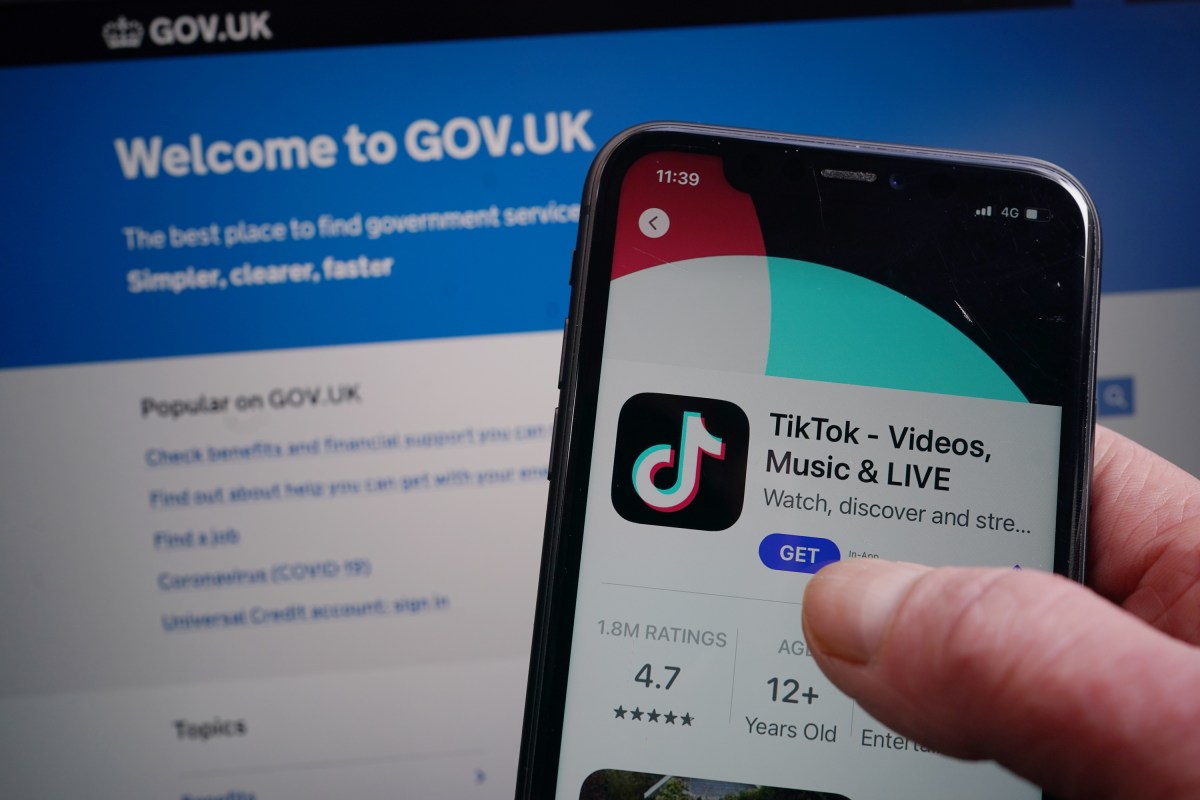Products You May Like
The U.K. has become the latest jurisdiction to ban social video app TikTok from government devices, confirming reports that surfaced earlier this week.
The ban follows a security review ordered by U.K. ministers looking to establish whether government data could be compromised from social networks installed on work devices. Indeed, the review did include other social media apps, but the government has decided on a “precautionary ban” for TikTok only — likely because its use is limited in governmental roles, compared to something like Twitter. There is nothing to indicate that the Government has found any specific security concerns unique to TikTok.
However, the government has said that employees can still use TikTok on personal devices, while it will consider exemptions for work devices on a case-by-case basis.
“The security of sensitive Government information must come first, so today we are banning this app on Government devices,” Oliver Dowden, secretary of state and chancellor of the Duchy of Lancaster, said in a statement. “The use of other data-extracting apps will be kept under review. Restricting the use of TikTok on Government devices is a prudent and proportionate step following advice from our cyber security experts.”
TikTok has emerged as a hugely popular social network, claiming well over 1 billion users. Moreover, TikTok has overtaken the mighty YouTube as the preeminent social video app among teens, making it a hot medium for governments looking to tap into younger demographics.
The U.K.’s ban was mostly expected, and it comes less than a year after the U.K. Parliament closed its official TikTok account a few days after launch when politicians raised concerns that sensitive data could be passed to TikTok’s parent company ByteDance, which is headquartered in China. As with similar social apps, TikTok requires device owners to give permission to access data from the device, including contacts, content and location data.
TikTok in the spotlight
Today’s announcement comes amid a swath of similar bans elsewhere in the world, including the U.S. House of Representatives back in December, while the European Union and Canada issued blanket delete notices for TikTok on government devices last month. Belgium also announced a ban last week, while the Netherlands is considering a similar path.
Although TikTok isn’t facing any immediate threats in terms of nationwide bans, this rising tide of political discontent has led the company to embark on a major charm offensive, particularly in Europe. The company recently announced Project Clover, a program incorporating various privacy and security efforts including commitments around local data storage, sovereignty, and independent auditing processes.
“We are disappointed with this decision — we believe these bans have been based on fundamental misconceptions and driven by wider geopolitics, in which TikTok, and our millions of users in the U.K., play no part,” a TikTok spokesperson said in a statement issued to TechCrunch. “We remain committed to working with the government to address any concerns but should be judged on facts and treated equally to our competitors. We have begun implementing a comprehensive plan to further protect our European user data, which includes storing U.K. user data in our European data centres and tightening data access controls, including third-party independent oversight of our approach.”
